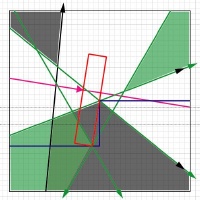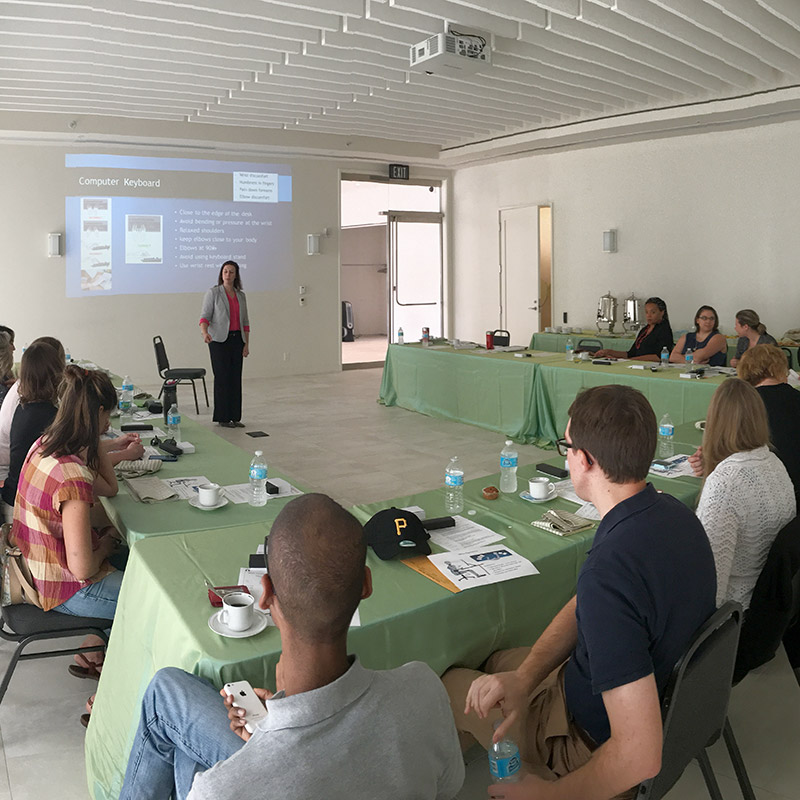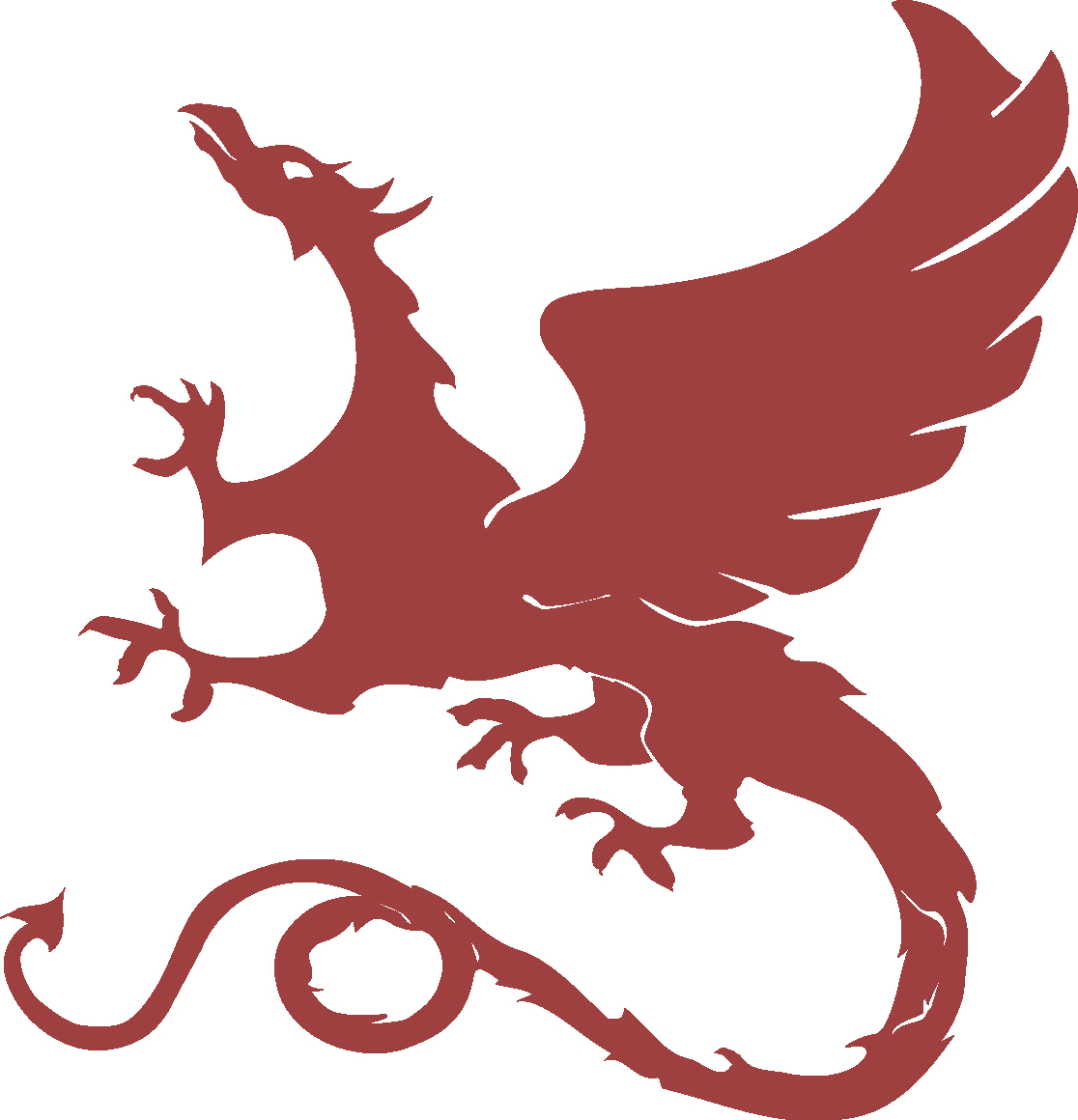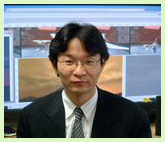Multi-class Boosting in Computer Vision
Abstract: Boosting classifiers have been extensively used for learning multi-view single objects detectors (e.g. faces, cars or pedestrians) or in multiple object categories detectors. Object detection has been evolving from being specific for a given object category to multi-view or even being able to detect multiple categories at the same time. The usual framework for [...]
On-Demand Machine Knitting for Everyone
Abstract: Knitting machines are general-purpose fabrication devices that can robustly create intricate 3D surfaces from yarn by cleverly actuating thousands of mechanical needles. Knitting machines are an established feature of the textiles production landscape, in use today to make everything from socks to sweaters. However, the current design tools for machine knitting are sorely lacking [...]
The Critical Radius in Sampling-Based Motion Planning
Abstract ------------ Motion planning is a fundamental problem in robotics: allowing autonomous robots to efficiently navigate in environments cluttered with obstacles. Sampling-based algorithms, which were first described two decades ago, have made a great impact on the field of robotics by providing simple but highly-effective tools for motion planning. These techniques aim to capture the [...]
Staff Lunch
By Invitation Only - All Robotics Institute administrative support staff are invited to join us for our monthly lunch meeting. Cheryl will provide a brief update on the team reorganization.
Terrestrial and Extraterrestrial Robotics in the Age of Autonomy
Liam Pedersen leads the autonomous vehicle group at Nissan’s Research Center in Silicon Valley, focusing on the AI software for driverless operations in urban areas. Prior to this he worked on robotic systems for planetary exploration at NASA’s Ames Research Center in California. He holds a Ph.D. in robotics from Carnegie Mellon University, and is the recipient [...]
AI, Robotics, and Autonomous Vehicle Development at Ford Motor Company
Notice: The Location for these event has changed! The event will now take place in 6115 Gates Hillman Center. Education: Ph.D. in Physics, University of Michigan M.S. in Physics, Michigan State University B.S. in Physics & Mathematics, University of Wisconsin – River Falls Abstract: This presentation will highlight the history of autonomous vehicle development at [...]
Carnegie Mellon University
Learning to learn from simulation: Using simulations to expedite learning on robots
Abstract: Robot controllers, including locomotion controllers, often consist of expert-designed heuristics. These heuristics can be hard to tune, particularly in higher dimensions. It is typical to use simulation to tune or learn these parameters and test on hardware. However, controllers learned in simulation often don't transfer to hardware due to model mismatch. This necessitates controller [...]
Fun with Fluids
Abstract: Visual simulation of fluids has become an indispensable tool for computer graphics. Many fluid phenomena can be simulated by solving Navier-Stokes equations. In computer graphics, the NS equations are mostly used for simulating smoke, water and fire. However, it is useful for other different purposes. In this talk, we show our usage of [...]
Carnegie Mellon University
Training Strategies for Time Series: Learning for Prediction, Filtering, and Reinforcement Learning
Abstract: Data driven approaches to modeling time-series are important in a variety of applications from market prediction in economics to the simulation of robotic systems. However, traditional supervised machine learning techniques designed for i.i.d. data often perform poorly on these sequential problems. This thesis proposes that time series and sequential prediction, whether for forecasting, filtering, [...]








